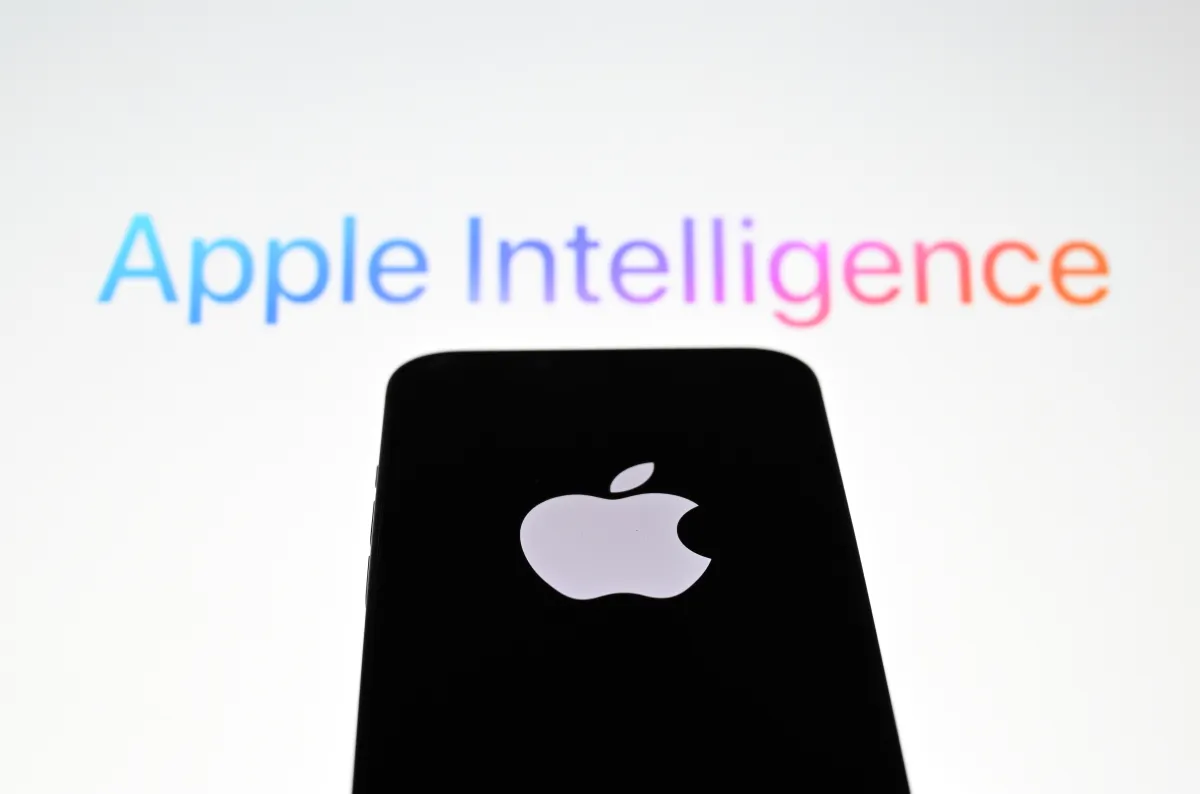Introduction Of Digital
The digital lives of UK adults are expanding rapidly, with new data from Ofcom’s Online Nation 2024 report revealing a sharp increase in daily online engagement. Adults now spend an average of 4 hours and 20 minutes online each day across devices such as smartphones, tablets, and computers. This marks a significant jump from 2023’s 3 hours and 41 minutes—a change of nearly 40 minutes year-on-year, compared to an 8-minute increase between 2022 and 2023.

Table of Contents
Younger Adults Leading the Surge
Unsurprisingly, younger adults are driving the increase. 18-24-year-olds, enamored with platforms like TikTok and Instagram, are now averaging 6 hours and 1 minute online daily—an increase of 1.5 hours from 2023. In contrast, adults over 65 spend the least time online, averaging 3 hours and 10 minutes daily.
This raises the question: Will the hyper-connected habits of younger generations persist into older age? If so, society may be on a trajectory toward an all-digital existence, reshaping communication, commerce, and entertainment norms.
Key Findings: The Platforms That Dominate
The report highlights the dominance of two digital giants, Alphabet and Meta, which together account for nearly half of the time UK adults spend online.
- YouTube is the most-visited platform, with 94% of adults accessing it at least once in 2024. Users spend an average of 49 minutes daily viewing videos.
- Meta’s ecosystem—comprising Facebook, Instagram, and WhatsApp—maintains widespread reach, with 70% of UK adults using all three. Interestingly, Facebook continues to lose traction among younger audiences, with 18-24-year-olds spending just 15 minutes daily on the platform.
Social Media Trends: Shifts and New Contenders
Social media remains central to online activity, but shifting preferences are creating new dynamics:
- Reddit has emerged as the fastest-growing platform, with a 47% increase in users, reaching 22.9 million adults by mid-2024.
- Platforms like Bluesky and Threads are gaining traction, although they still lag far behind established names like YouTube, Facebook, Instagram, and TikTok.
For younger users, Snapchat holds appeal but is largely ignored by older demographics, contributing to its tenth-place ranking.
Gender Differences in Digital Habits
Women, on average, spend 33 minutes more online daily than men (4:36 vs. 4:03). This gap widens among Gen Z, with women spending an hour more daily online than their male counterparts. Women’s online preferences lean heavily toward social platforms, particularly TikTok, which ranks as the 10th most popular site for women but 16th for men.
Emerging Challenges: Risks and Regulation
While the digital world offers vast benefits, it also brings notable challenges. Ofcom’s report underscores several areas of concern:
- Misinformation: 39% of users aged 13+ reported encountering misinformation, up from 2023.
- Online Safety: 26% of adults encountered hateful or offensive content, and 30% of users reported exposure to material that caused discomfort or distress. Both figures reflect year-on-year increases.
- Youth Misrepresentation: A concerning 20% of 8-15-year-olds admitted to falsifying their age to access adult-oriented platforms, highlighting gaps in digital age verification.
The Road Ahead: Regulating the Digital Space
Ofcom’s insights are shaping its forthcoming regulatory initiatives, including the introduction of Codes of Practice for online child safety in 2025. Meanwhile, platforms like TikTok are taking proactive steps to address issues like harmful body image content, under pressure from regulators.
Conclusion: The March Toward Digital Immersion
The increasing time spent online by UK adults reflects not just a shift in habits but also the broader societal evolution toward digital immersion. As platforms vie for attention and new services emerge, the balance between opportunity and risk will remain a focal point for users, creators, and regulators alike.
Ultimately, the findings from Ofcom’s report underline an undeniable truth: digital connectivity is reshaping how we interact with the world—and with each other.




